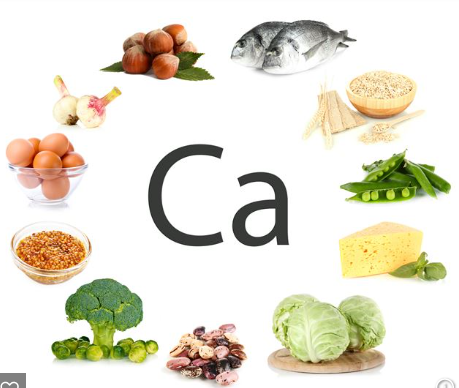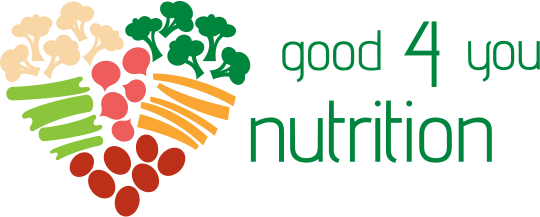Lactose/Dairy Intolerance
Posted on February 24th, 2016
Intolerance to lactose is not something that is new, however it seems to be more recognised today than ever with more and more people starting to notice the unpleasant side effects associated with consuming dairy products.
Cow’s milk dairy products are the main culprit here as the protein ‘Casein’ can be hard to digest and there is a high presence of lactose (main milk sugar) found in these products. When we are babies we naturally produce lactase, the enzyme required for effective digestion of lactose, found in breast milk and formulas, however once we are weaned off milk as a baby our bodies no longer produce large quantities of lactase. It is estimated that between 2-5 years of age we stop producing lactase, therefore to some extent we all become sensitive to lactose.
Some babies are not able to digest lactose well from the start and suffer from colic and other gastrointestinal problems. Quite often a high strength probiotic can assist here with aiding the digestion of lactose. Pure goat milk formulas are also great for relieving digestion difficulties in young children while also providing the essential nutrients for growth during the early stages of life.
Those who suffer from lactose intolerance often experience gastrointestinal symptoms such as; diarrhoea, bloating and gas that can last a few hours up to 1-2 days depending on their sensitivity. Trust me it is really not fun!
Natural yoghurts, full fat creams, grass fed butter and cheeses such as cottage cheese are often easier to digest as they contain smaller amounts of lactose. Lactose intolerant individuals often find that they can eat small amounts of goat and sheep milk dairy products as the proteins are easier to breakdown and digest as opposed to cow’s milk. ‘Meredith Diary’ provides a good range of these products which can be found in your local Coles or Woolworth.
If you’re worried about missing out on calcium there are many other plant based food sources that can provide adequate amounts including; tahini, almonds, soy beans, white beans, dark leafy greens, almond milk and other fortified nut milks, figs, sardines and salmon.

